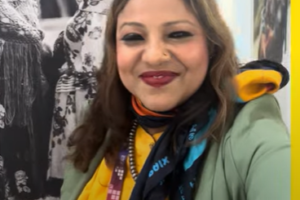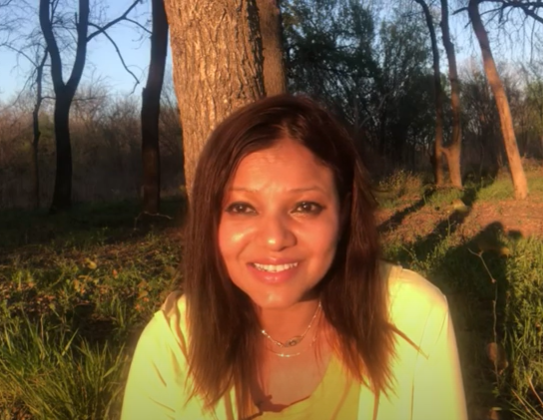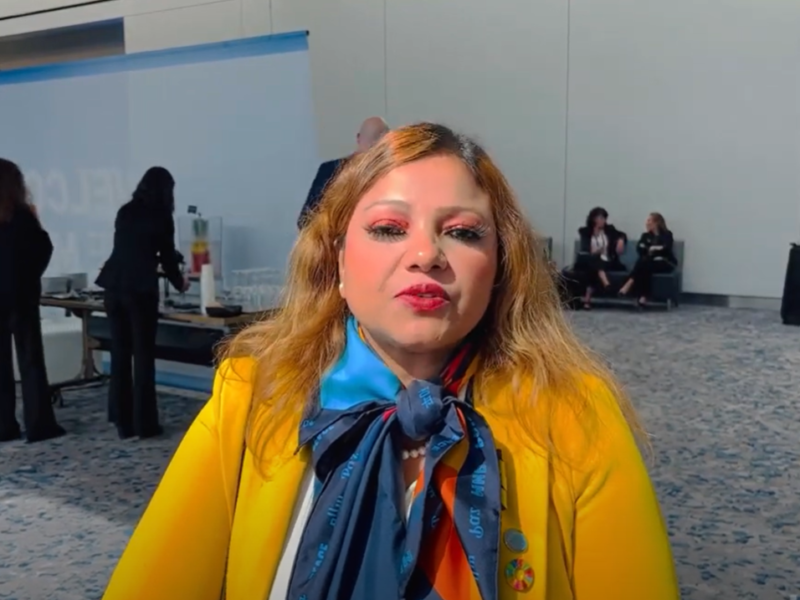This year’s Nobel Prize for Literature has been awarded to the US poet Louise Glück.
Glück was recognised for “her unmistakable poetic voice, that with austere beauty makes individual existence universal” said the Swedish Academy, which oversees the award.
The Academy added she was “surprised” when she received their phone call.
Glück, born 1943 in New York, lives in Massachusetts and is also professor of English at Yale University.
Inspiration from myths
Her poetry focuses on the painful reality of being human, dealing with themes such as death, childhood and family life.
She won the Pulitzer Prize in 1993 for her collection The Wild Iris, and the National Book Award in 2014.
Glück “seeks the universal, and in this she takes inspiration from myths and classical motifs, present in most of her works,” the Academy said.
It added her 2006 collection Averno was a “masterly collection, a visionary interpretation of the myth of Persephone’s descent into Hell in the captivity of Hades, the god of death”.
Among her other most famous poetry collections are Faithful and Virtuous Night and The Wild Iris, which won her the Pulitzer Prize in 1993.
The prize is given to the person who has “produced in the field of literature the most outstanding work in an ideal direction”.
Last year’s choice of Austrian novelist Peter Handke led to wide criticism.
Handke was a known supporter of the Serbs during the 1990s Yugoslav war and spoke at the funeral of former Serb leader Slobodan Milosevic, who was accused of genocide and other war crimes.
Last year also saw Polish author Olga Tokarczuk belatedly announced as the winner of the 2018 literature prize which had been suspended for a year after a sexual assault scandal and financial misconduct allegations rocked the Academy.
Normally, winners receive their Nobel from King Carl XVI Gustaf at a formal ceremony in Stockholm on 10 December, but the pandemic means it has been replaced with a televised ceremony showing the laureates receiving their awards in their home countries.






















